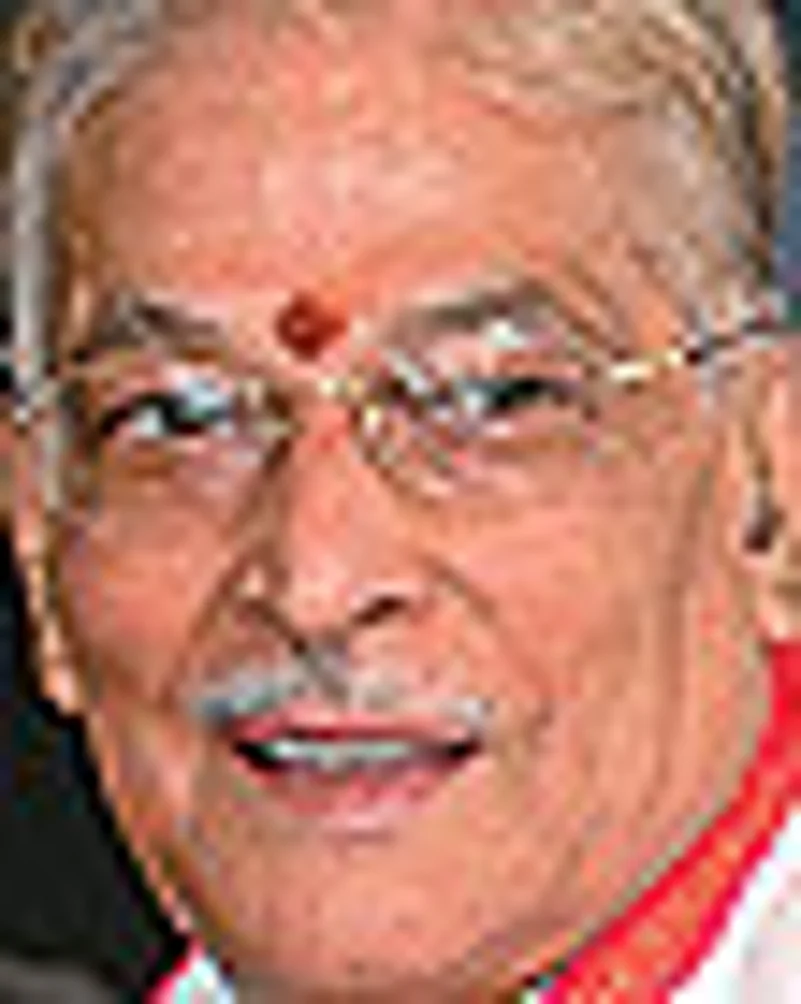
"I don't think you can fool people for long. Many terror attacks took place under the BJP-NDA watch. And Advani hardly looks decisive."
Ramachandra Guha, Historian

"The BJP are fools if they think there's something called a terror card that can be produced during polls like a magic trick."
Dipankar Gupta, Sociologist

"Mumbai 26/11 did impact the Delhi electorate...but they voted on local choices. It helped Cong that Sheila Dikshit was seen as acceptable."
G.V.L. Narasimha Rao, pollster for BJP

"BJP has been screaming itself hoarse about terror for a long time. Terror is an abiding theme in BJP campaigns and will remain so."
Sushil Pandit, BJP ad campaign manager

"A certain dynamism in India now makes it impossible to manipulate voters. No one wants politics to be played with an issue like terrorism."
Gurcharan Das, Columnist

"We cannot conclude that terrorism is not an issue. But somehow it could not be highlighted properly by the BJP in two states."
Murli Manohar Joshi, senior BJP leader
***

| Guarded question: Echoing the middle class, an ad takes a dig at politicians |
There is a fascinating insight from psephologist G.V.L. Narasimha Rao, who has conducted in-house surveys for the BJP. He says that in August this year, the BJP would have got a two-thirds majority in Delhi. But that turned 180 degrees after Malhotra's name was announced. The leadership was informed that it would have been better not to project any one leader. Now, Rao says, "I will say that the Mumbai terror attack did impact the Delhi electorate. The middle class was motivated to vote but they voted for local choices. It helped the Congress, for Sheila Dikshit looked like a much better face." He says the rural voter, in any case, votes on local and caste considerations. "It is only among urban voters that the terror card can work. But people should not assume this will automatically help only the BJP."
One BJP insider jokes that "people were protesting against terrorism, but they were even more scared of Malhotra becoming their chief minister". Sushil Pandit, who has handled many successful advertising campaigns for the BJP during elections, defends a blood-spattered ad released by the BJP in Delhi the day after the Mumbai attack. It was called distasteful, but Pandit says, "People seem to be reacting to this ad as if we rubbed our hands in glee after Mumbai and started to talk about terrorism. The fact, however, is that the BJP has been screaming itself hoarse about terrorism for quite a while. Terror is an abiding theme in BJP campaigns and will remain so."
Says senior BJP leader Dr Murli Manohar Joshi, "We cannot conclude that terrorism is not an issue. But somehow it could not be highlighted properly because of the deficiencies in the BJP's election management in the two states." But some rethinking has begun. The larger question confronting the party is whether it should downplay ideological issues and project itself on solely on governance. Today, Narendra Modi is arguably the only BJP leader who combines the development plank with a tough-on-terror image.
The other successful model emerging in the BJP is that of Raman Singh of Chhattisgarh, who won himself a second term without raising ideological issues or uttering the words 'Hindu', 'Muslim' or 'Christian'. He did crack down on Maoists, but also spoke of development programmes and the hugely popular Rs 3-per-kilo rice scheme. Even Shivraj Chauhan, who won with a huge margin in Madhya Pradesh, emphasised development and performance.
Columnist and author Gurcharan Das says that India has now attained what he calls a "certain dynamism" that makes it impossible for politicians to blatantly manipulate voters. "No one now wants politics to be played with an issue like terrorism. Indian Muslims were outraged too and they protested in their own way. They had a sense of India and (knew) the country was there to support them."
Could this have been a benchmark election, in which politicians were taught a lesson? The voter has certainly told the politician that fear-mongering will not work. Even positions that play on prejudices and identity politics have to be projected with caution and intelligence. At least one thing can be said with surety: it will be very difficult now to crudely exploit an act of global terror for political purposes.
























